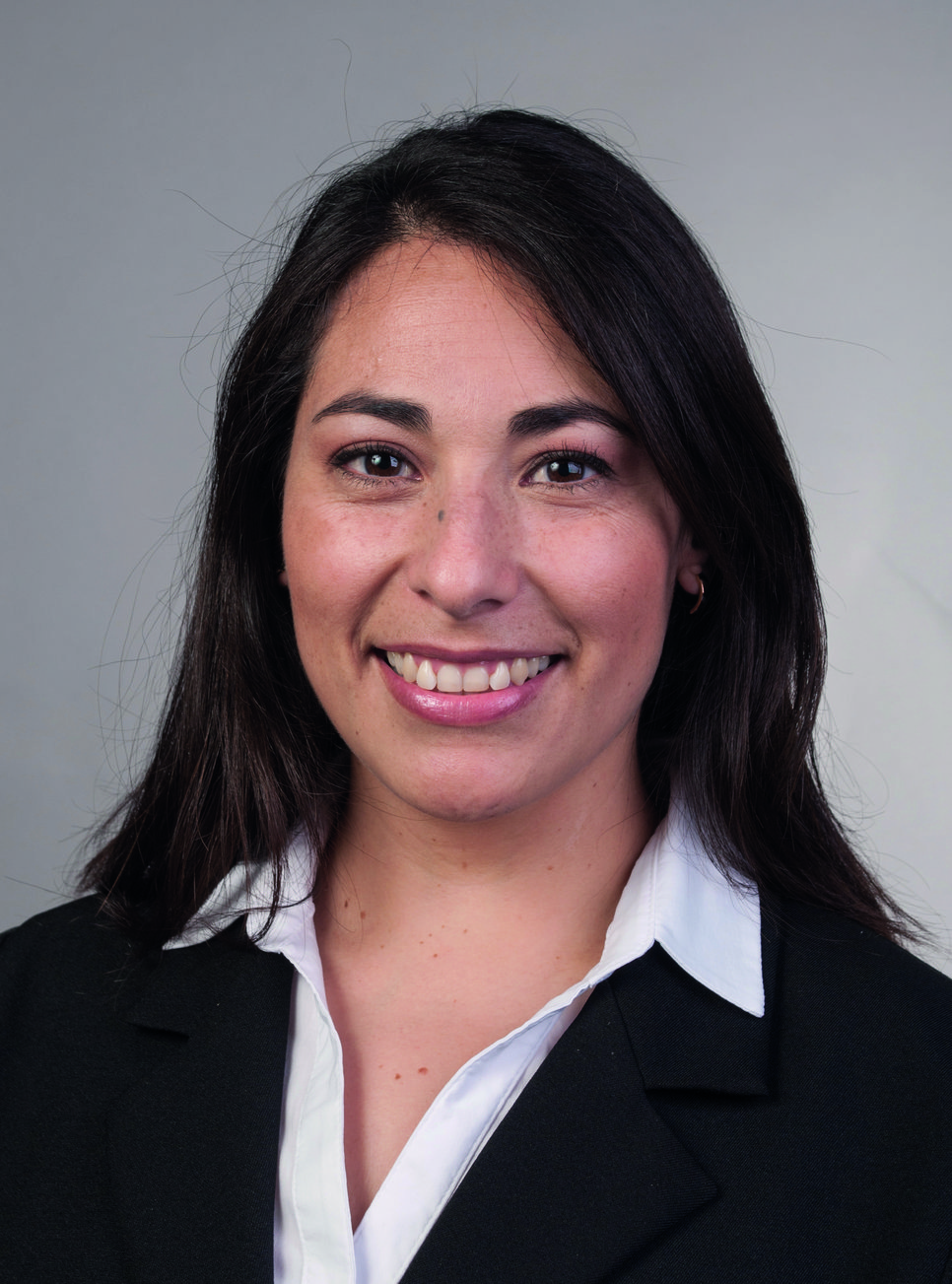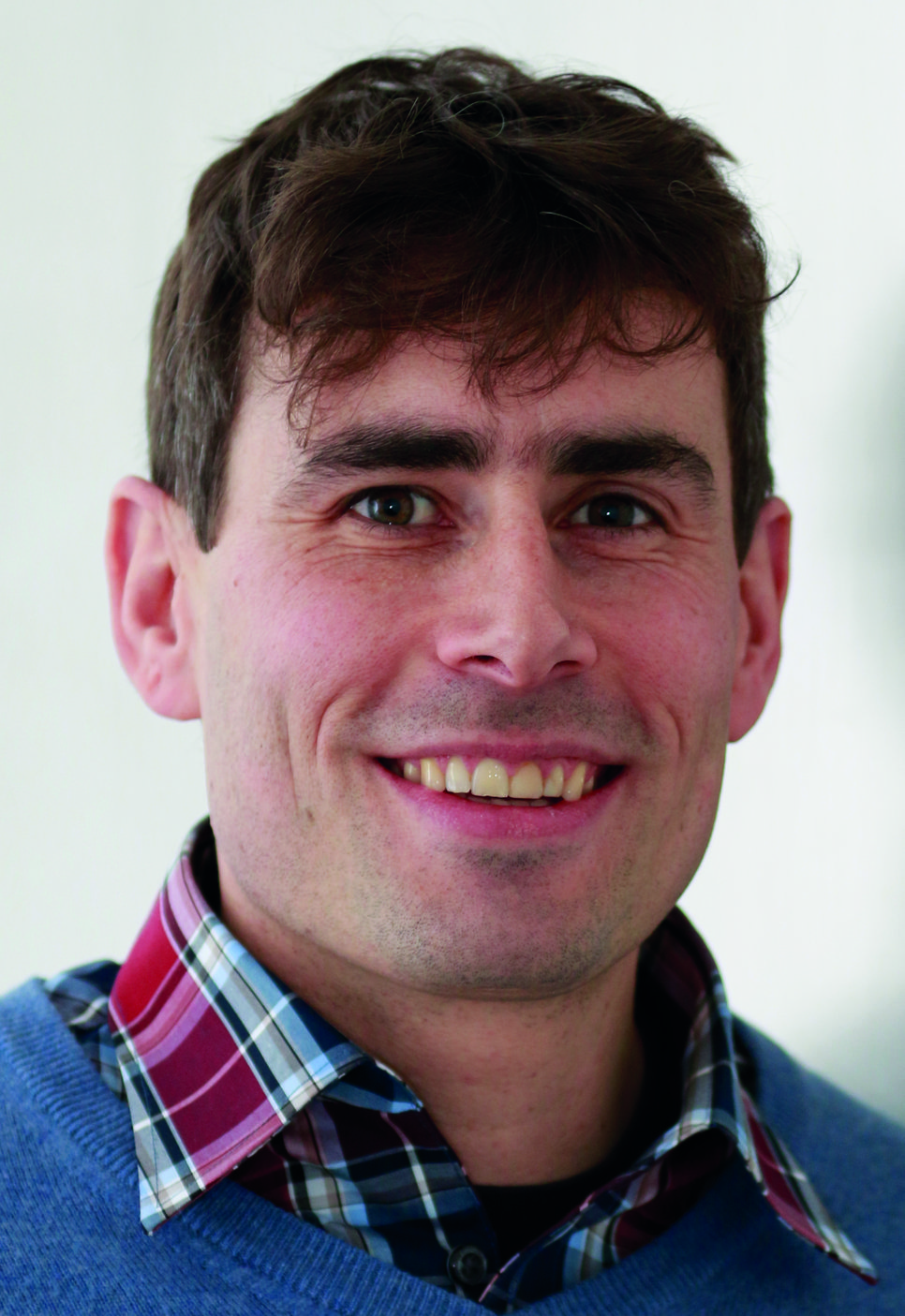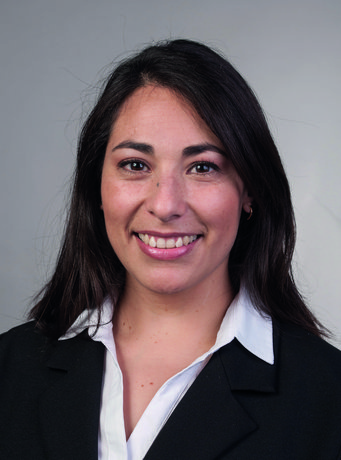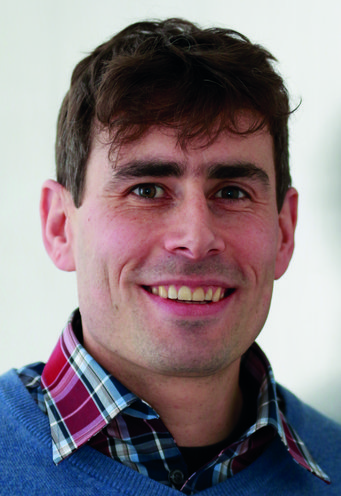Scientists at the MPIE
Dr. Rosaura Aparicio Fernández, postdoctoral researcher in the group “Combinatorial Metallurgy and Processing” in the department „Microstructure Physics and Alloy Design“, joined the MPIE in 2013. Her research interests are in the field of metallurgy, materials design, microstructure characterization and solidification analysis on aluminium- and iron- based alloys.

Her actual research is focused on the development of novel methods of synthesis production techniques and characterization of Fe-TiB2metal - matrix - composites termed high modulus steels (HMS) in order to increase their mechanical properties as stiffness/density ratio. She places special emphasis on the influence of the solidification rate on the size, morphology and dispersion of the TiB2 particle as well as the amorphisation of the Fe-B-Ti system and their relation with the mechanical properties.
Rosaura did her PhD in materials science at the Center for Research and Advanced Studies of the National Polytechnic Institute (“Centro de Investigación y de Estudios Avanzados del Instituto Politécnico Nacional”) in Querétaro, Mexico. Her thesis was about the “Kinetics analysis of unidirectional solidification of aluminium-silicon alloys”.
References:
Dr. Michael Herbig is group leader in the department “Microstructure Physics and Alloy Design”. His group “Materials Science of Mechanical Contacts” focusses on the understanding of materials’ reaction to contact loads and the design of alloys with prolonged durability. In particular, he is interested in understanding the formation mechanism of white etching cracks that cause severe problems in wind power plants. His research is supported by the German Federal Ministry of Education and Research with 1.5 Mio. euros for five years.

Herbig conducted his PhD at the European Synchrotron Radiation Facility (ESRF), Grenoble / INSA Lyon in France where he investigated short fatigue cracks in titanium by correlated synchrotron phase and diffraction contrast tomography; being fully financed by a scholarship of the French ministry of education. In 2011 he joined the MPIE where he developed in his first year a robust approach that enables the correlative use of transmission electron microscopy and atom probe tomography on the same sample; giving access to combined 3D crystallographic and chemical information at near atomic scale. In the past years his research at the MPIE focused on the investigation of segregation and phase transformation phenomena particularly in steels.
References:

